Why would I want Google Glass – and what does it do?
Google pitches new Glass edition for businesses, but a consumer version could be around the corner
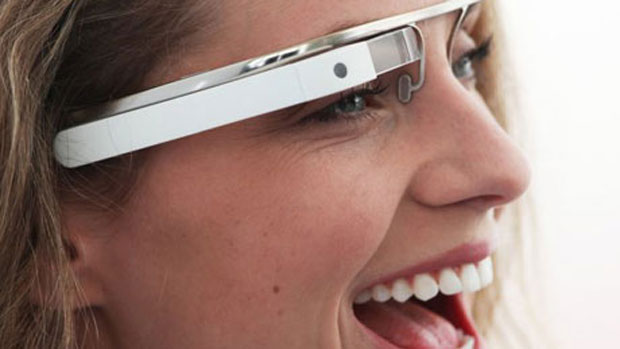
A free daily email with the biggest news stories of the day – and the best features from TheWeek.com
You are now subscribed
Your newsletter sign-up was successful
Google is pitching a new version of its wearable computer device, Glass, exclusively to businesses, according to the Wall Street Journal. The product will be aimed at firms in industries such as healthcare, manufacturing and energy, say sources.
Although it was named by Time Magazine as one of the Best Inventions of the Year in 2012, the first prototype version of Glass sparked a furore over privacy when it was discovered that users could film in public places without anyone noticing. Some US companies even banned Google Glass from their premises. Mindful of the growing backlash, Google took its product off the shelves in January. The new business Glass model appears to avoid the privacy issue as it will be used mostly in private workplaces – and there are "hundreds" of them already "out in the wild", says 9to5Google. But the tech website also predicts that a new consumer-ready version is around the corner…
So, what does Google Glass actually do?
The Week
Escape your echo chamber. Get the facts behind the news, plus analysis from multiple perspectives.

Sign up for The Week's Free Newsletters
From our morning news briefing to a weekly Good News Newsletter, get the best of The Week delivered directly to your inbox.
From our morning news briefing to a weekly Good News Newsletter, get the best of The Week delivered directly to your inbox.
Glass pulls together Google's arsenal of real-time, mobile, location-aware services – search, navigation, music, and so on – into a pair of Android-based smart-spectacles and presents the information to the user via a small screen at the edge of their field of vision. The user interacts with the device via voice control.
Why would I want Google Glass?
The applications could be endless: putting on your glasses in the morning as you eat breakfast, your map tells you there is heavy traffic on the route to work. On the drive to the office you pass a Starbucks and a Special Offer on coffee pops up on your screen. In the office, you frame people in your screen and Google+ them to see their profiles. All the while the earphones pipe through your favourite music, only pausing to allow a steady stream of phone calls, targeted adverts and sponsored messages.
Any downsides?
A free daily email with the biggest news stories of the day – and the best features from TheWeek.com
Privacy, security, and ethical concerns have all reared their heads. People are uneasy not knowing when they might be filmed or photographed, and there are privacy issues for the wearer too: Google will know where you are and what you are looking at. Back in 2012, Extreme Tech noted: "Google is ultimately an advertising company, where eyeballs directly translate into money – and it's hard to get any closer to your eyes than a pair of augmented reality glasses. When you read a newspaper or book, Google could overlay its own, interactive ads."
When can I buy a pair?
Google put its initial prototype on sale to the public in 2014, charging $1,500 in the US and £1,000 in the UK. The intention was to create a much cheaper consumer-ready version, but in January 2015 the company took the prototype off the shelves. In a Google+ post, the firm announced: "We're closing the Explorer Program so we can focus on what's coming next. January 19 will be the last day to get the Glass Explorer Edition. In the meantime, we're continuing to build for the future, and you'll start to see future versions of Glass when they're ready." According to 9to5Google, a new consumer version is not expected until the summer of 2016.
How do the Google Glass business models differ?
According to the Wall Street Journal, the new product is shaped as a curved rectangle, reminiscent of the first Explorer version. However, rather than including a wire-like frame, it has a button-and-hinge system to attach the mini-computer to different glasses. In contrast to the fanfare surrounding previous versions, Google is not officially launching this product. Instead, it is quietly distributing the new model to software developers, with the aim to have businesses using the device by the autumn. Examples for uses include liver-surgery demonstrations for hospitals, mobile "storytelling experiences" for museums and order-picking apps for warehouses.
So is Google Contact Lens next?
That might not be such a ridiculous suggestion: Google has patented a new camera that fits inside a contact lens, raising the prospect that Glass computer system could be shrunk to fit on the surface of a user's eye.
-
 The ‘ravenous’ demand for Cornish minerals
The ‘ravenous’ demand for Cornish mineralsUnder the Radar Growing need for critical minerals to power tech has intensified ‘appetite’ for lithium, which could be a ‘huge boon’ for local economy
-
 Why are election experts taking Trump’s midterm threats seriously?
Why are election experts taking Trump’s midterm threats seriously?IN THE SPOTLIGHT As the president muses about polling place deployments and a centralized electoral system aimed at one-party control, lawmakers are taking this administration at its word
-
 ‘Restaurateurs have become millionaires’
‘Restaurateurs have become millionaires’Instant Opinion Opinion, comment and editorials of the day
-
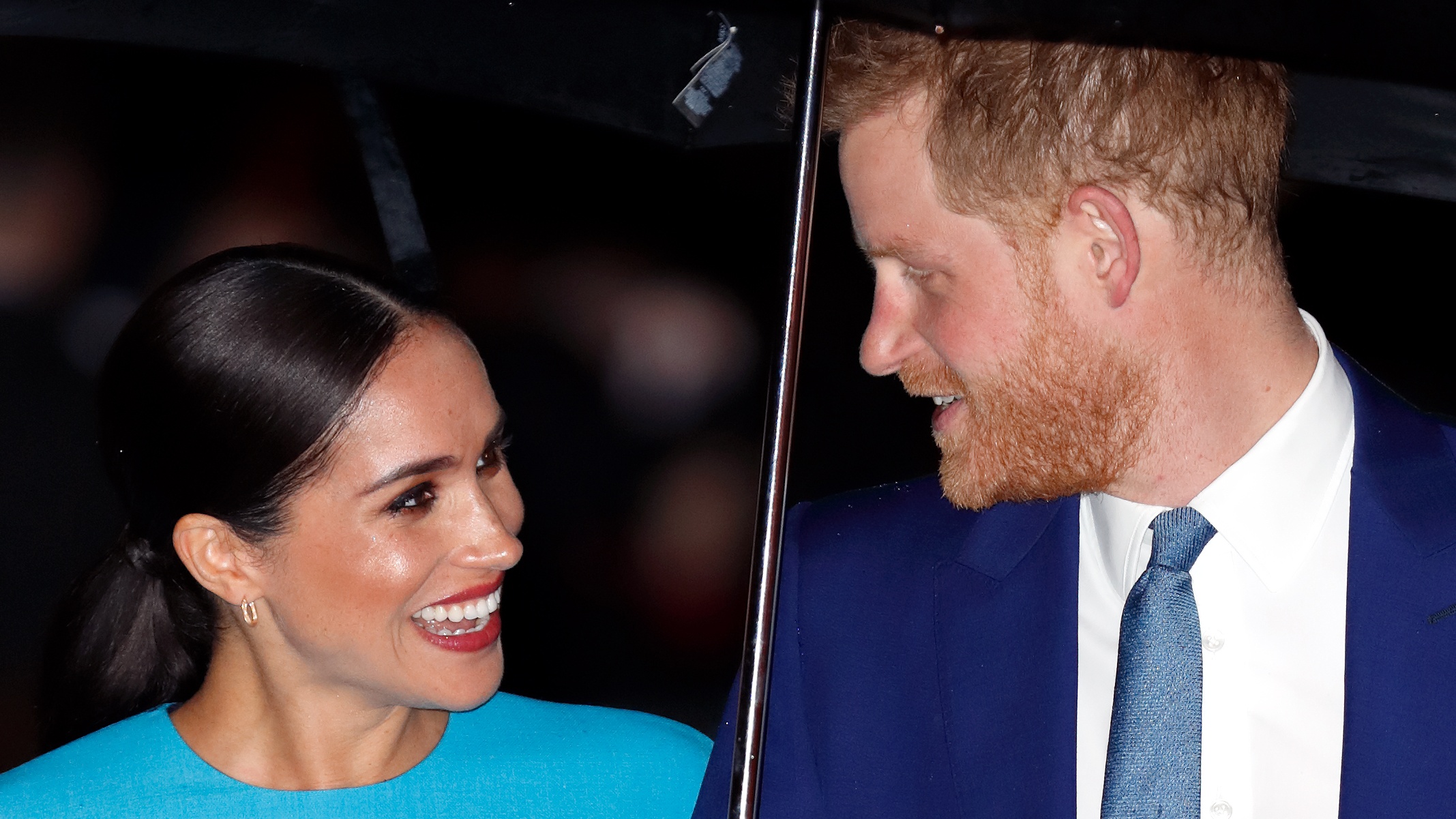 ‘The name Lilibet Diana will always remind people who she is’
‘The name Lilibet Diana will always remind people who she is’Instant Opinion Your digest of analysis and commentary from the British and international press
-
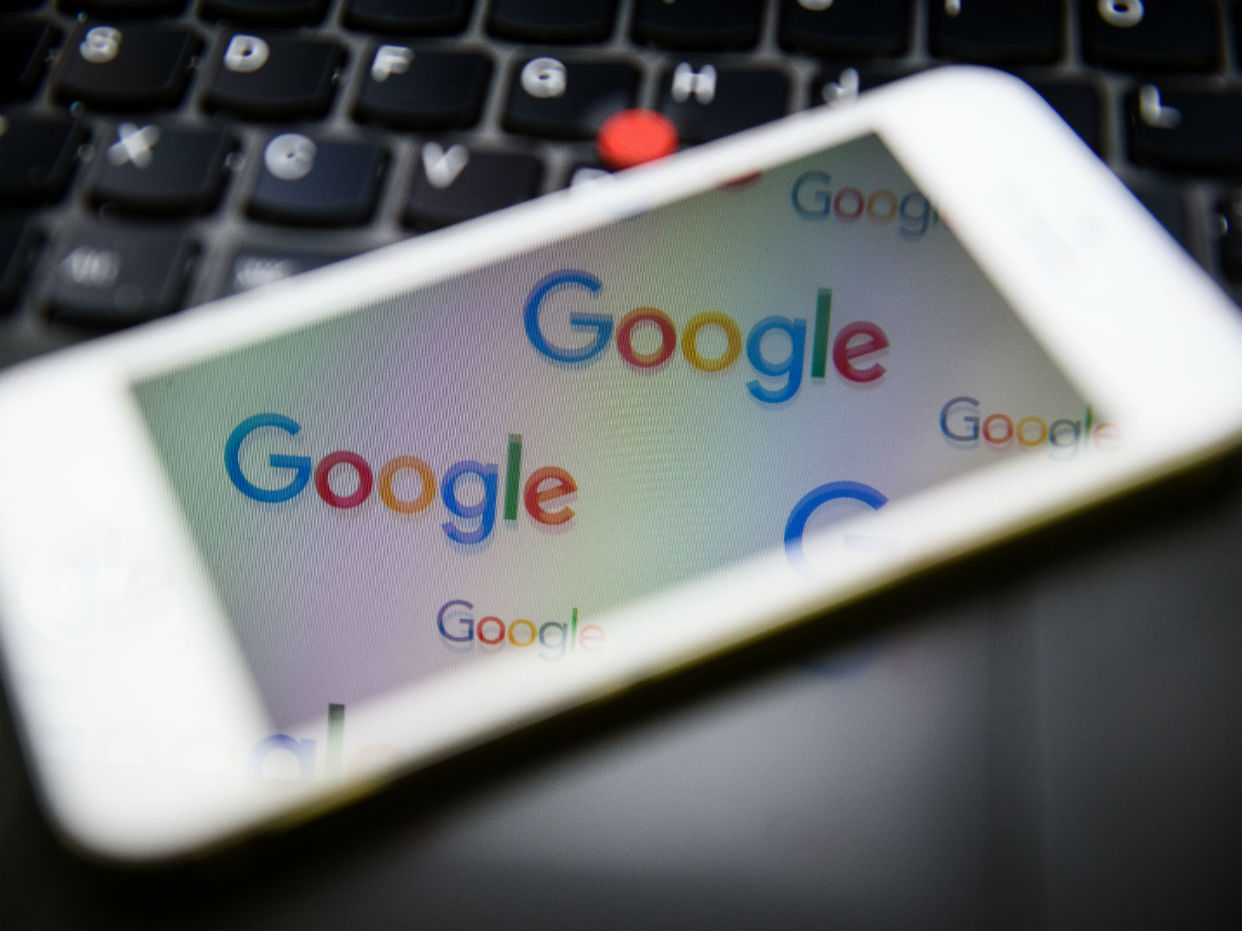 Man discovers wife’s affair on Google Maps
Man discovers wife’s affair on Google MapsSpeed Read And other stories from the stranger side of life
-
 Cobalt mining: the dark side of the metal race
Cobalt mining: the dark side of the metal raceIn Depth Apple and Google are being sued over alleged child labour in mines in Congo
-
 Top UK Google searches of 2017
Top UK Google searches of 2017In Depth Meghan Markle, Bitcoin and chilli con carne were on the nation’s minds this year
-
 Google to target Russian disinformation
Google to target Russian disinformationSpeed Read Search giant facing criticism for promoting state-sponsored fake news
-
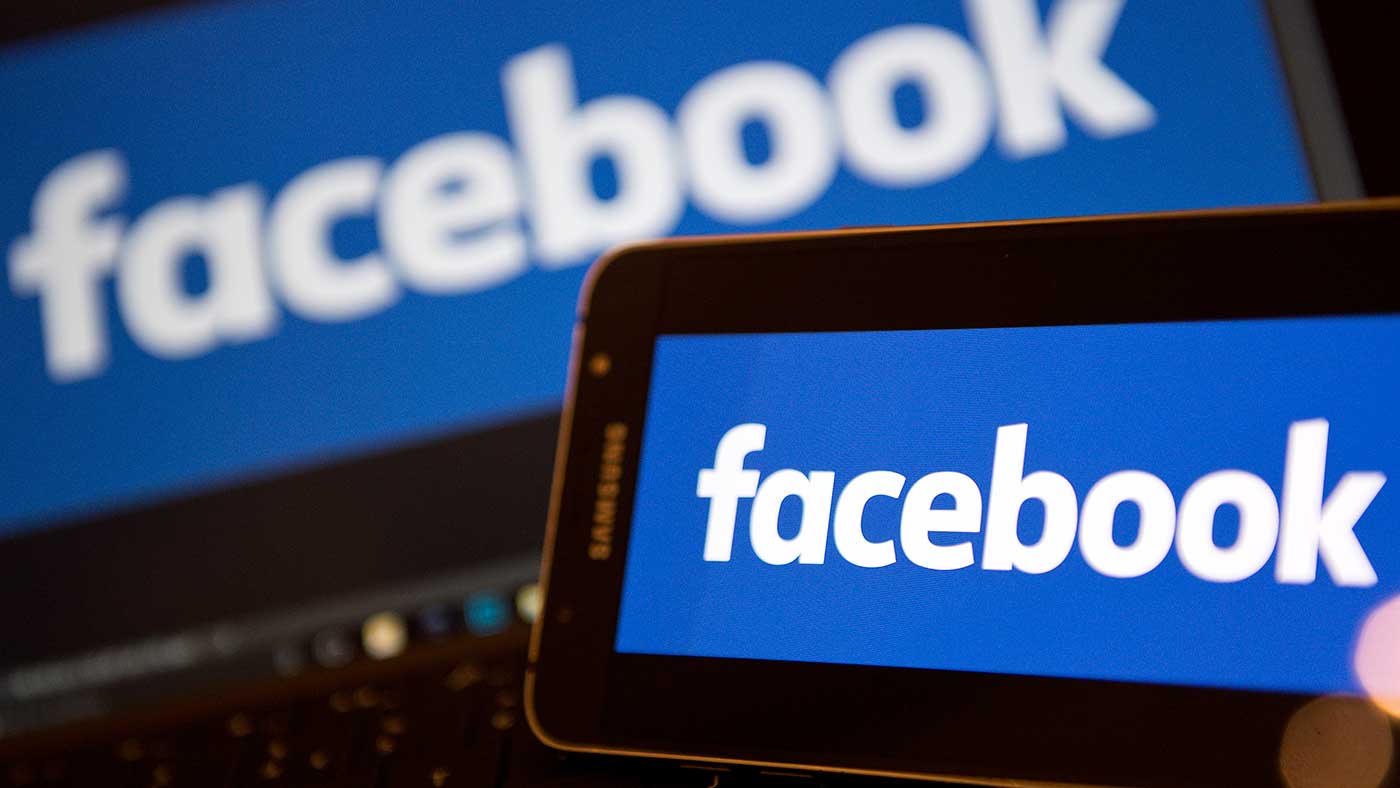 Facebook posts backed by Russia reached 126m Americans
Facebook posts backed by Russia reached 126m AmericansSpeed Read Social media giants are set to reveal extent of Russian election interference
-
 Samuel Johnson: Eight best quotes from the father of the dictionary
Samuel Johnson: Eight best quotes from the father of the dictionaryIn Depth Google Doodle marks 308th birthday of the author whose 1755 tome is a landmark of the English language
-
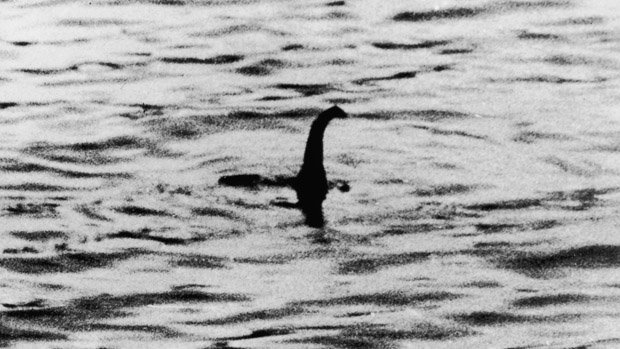 Loch Ness: new Google Street View pics show 'strange' object
Loch Ness: new Google Street View pics show 'strange' objectIn Depth Loch Ness monster enthusiasts can search for Nessie using new 360-degree Street View images